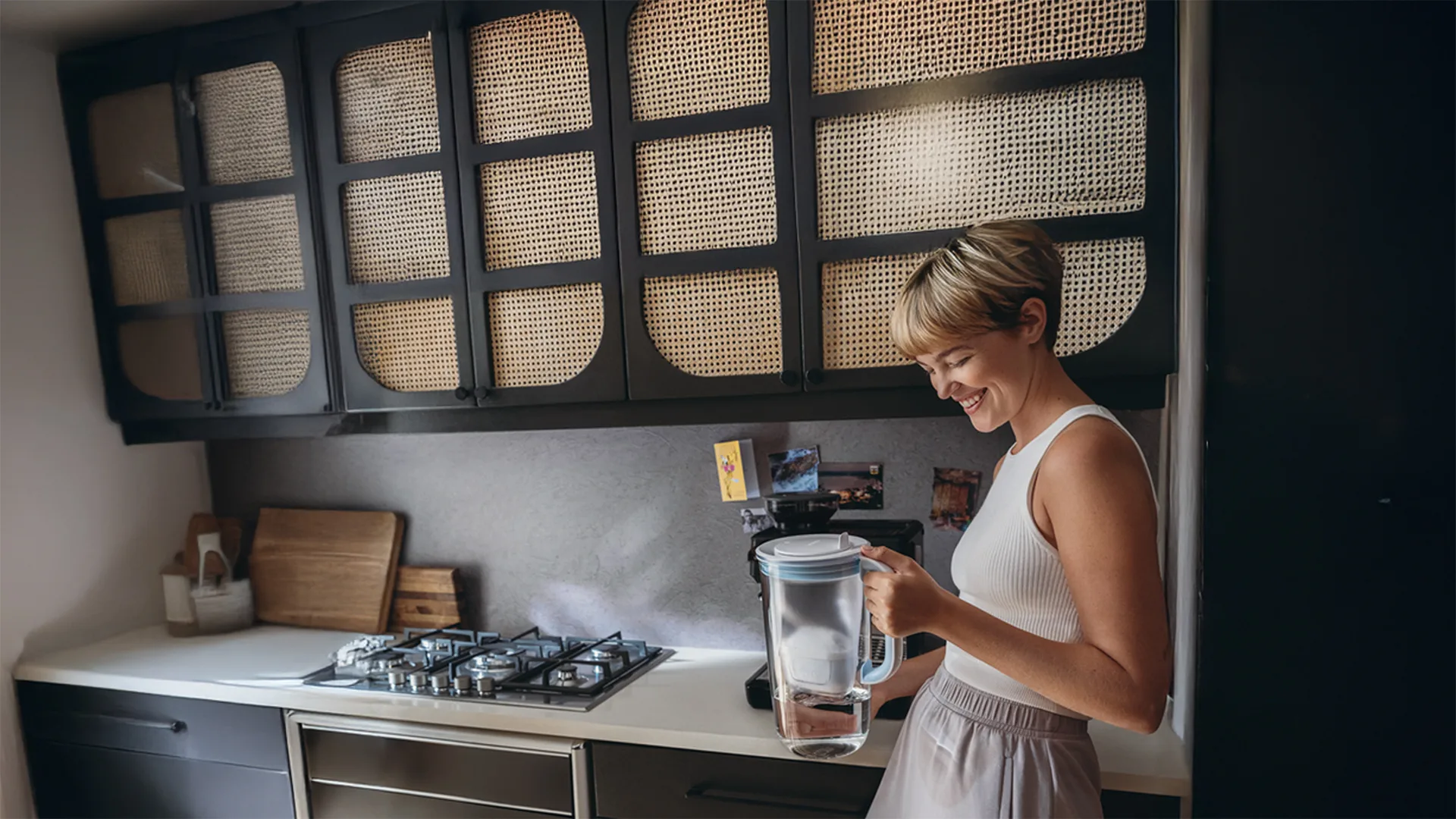Our Impact: Measurable and Visible
Every project is unique—just like our approach. For B2C and B2B clients across diverse industries, we turn complex challenges into measurable success.
Project in Focus
AMAG

Effective Video Strategy
AMAG’s campaigns prove it: Those who measure impact beyond traditional media KPIs like reach gain valuable insights and boost efficiency. Thanks to a data-driven video strategy, AMAG achieves above-average recall scores across multiple brands—while maintaining lower gross costs per recall point compared to competitors.
More Success Stories
Facing a tough topic?






